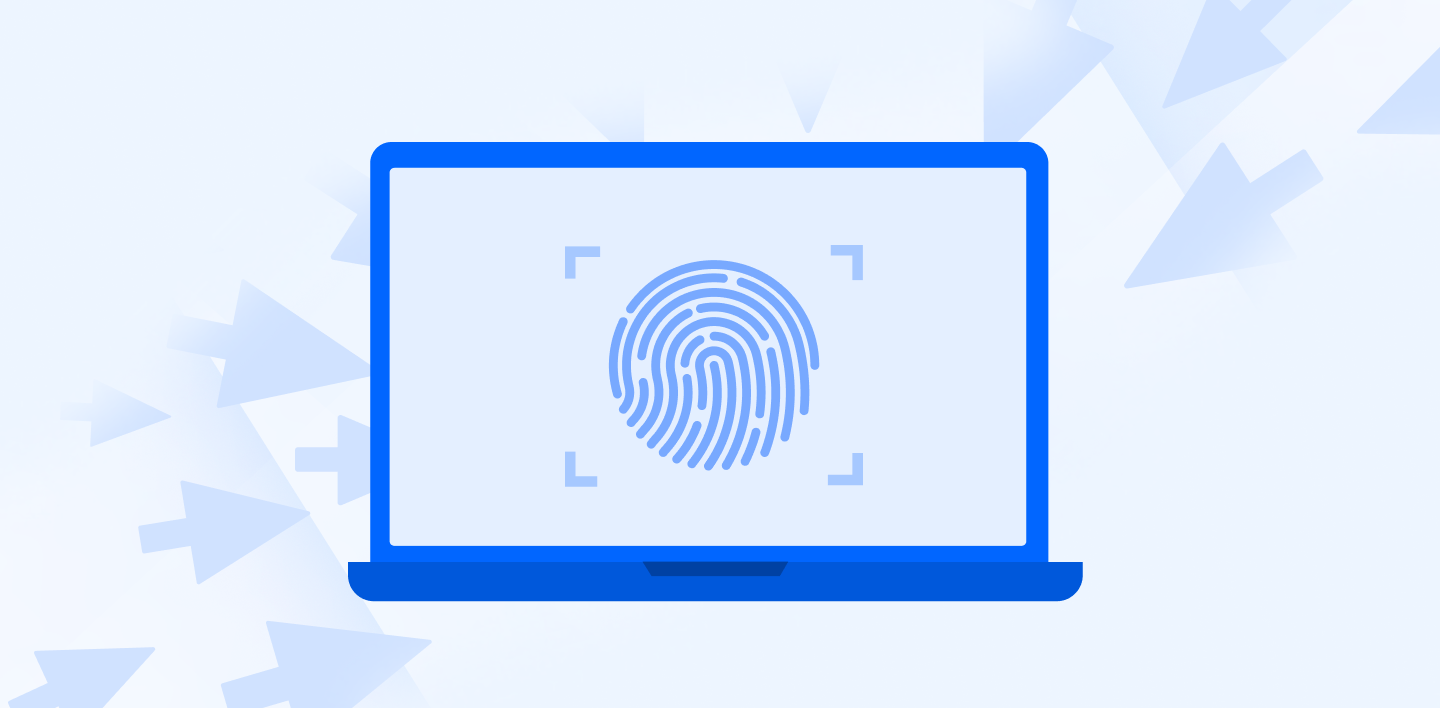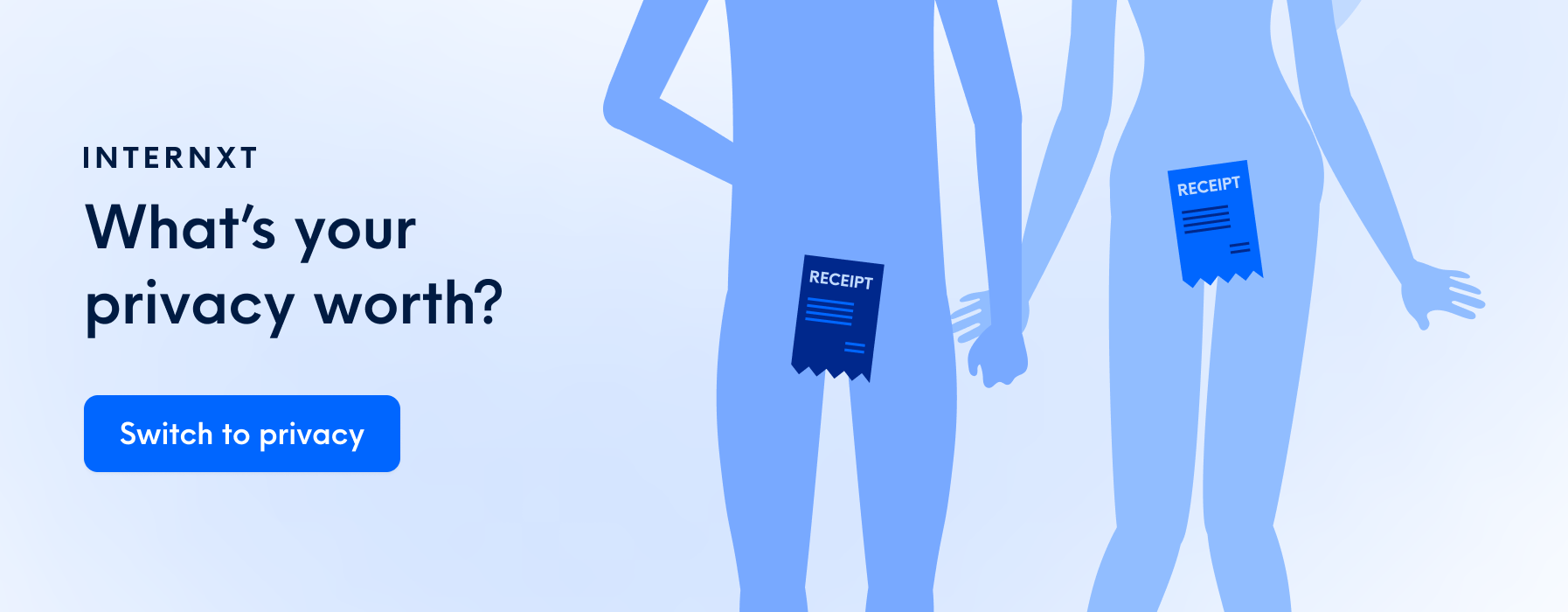Why Digital Security is More Important Than Ever: Expert Tips to Stay Safe Online

With our reliance on digital technologies for communication, commerce, and everyday tasks, the risk of cyber threats has surged. This article serves as a guide to help you comprehend the urgency of prioritizing digital security.
We will equip you with the knowledge to navigate the digital world safely by examining cybersecurity and online threats and offering expert tips.
Why is Digital Security Important for Online Presence?
Cybersecurity is currently marked by a dynamic landscape characterized by a surge in cyber threats that pose unprecedented challenges. In 2022 alone, a staggering 493.33 million ransomware attacks reverberated across organizations worldwide, underscoring the scale of digital vulnerabilities.
The scale of these attacks and the magnitude of their consequences mirror the exponential growth projected in cybercrime costs. Predictions from Cybersecurity Ventures' "2022 Official Cybercrime Report," sponsored by eSentire, indicate that the cost of cybercrime is set to reach a staggering $8 trillion in 2023, projected to escalate further to $10.5 trillion by 2025.
The Evolving Landscape of Online Threats
However, the escalating arms race between cybercriminals and cybersecurity measures is a cause for alarm. "The Global Risks Report 2022" by the World Economic Forum highlights an unsettling trend: the sophistication of cybercriminals is rendering once-effective cybersecurity measures obsolete.
The statistics paint a stark picture, emphasizing the urgency to understand the evolving state of cybersecurity and equip oneself with the tools and knowledge necessary to stay ahead in the battle against cyber threats.
Protect Your Digital Security Against These Common Cyber Attacks
Rising in complexity and frequency, cyber threats now target people, businesses, and governments. Here, we'll discuss critical threats to watch out for.
1. Malware
Malware, or malicious software, is a covert invader that can enter your computer or smartphone. It can steal your personal information, crash your system, or make it act strangely. To stay safe, avoid downloading suspicious files or clicking on strange links.
2. Phishing and Spear-Phishing
Phishing is a digital scam where a con artist tricks you into sharing personal info like passwords or credit card details. Spear-phishing is more personalized, with scammers posing as trusted sources like your bank. Always verify email senders and be cautious with sensitive info requests.
3. Man-in-the-Middle Attacks
Imagine talking secretly to a friend, but someone else listens in without you knowing. This is what occurs during a man-in-the-middle attack. Bad actors intercept your online conversations, potentially stealing your data or messing with what you're doing. Always prioritize secure, encrypted connections.
4. Distributed Denial-of-Service (DDoS)
Picture a DDoS attack as a digital traffic jam overwhelming a website or online service. Bad actors send so much fake traffic that the website can't handle it and crashes. This can lead to websites being temporarily unavailable.
Staying cautious while clicking on links and using strong password generators can help reduce the risk of being involved in or affected by a DDoS attack.
5. Structured Query Language (SQL) Injection
Websites use databases to store information. In an SQL injection attack, cybercriminals sneak code into a website's input fields, manipulating the database. Insecure websites risk such unauthorized data access. Ensure site security and updates to prevent attacks.
6. Domain Name System (DNS) Attack
Imagine trying to visit your favorite website, but someone secretly changes the address, so you end up on a fake website designed to steal your information. This is a DNS attack. Keeping an eye on the website's URL and using secure browsing tools can help you avoid falling victim to this attack.
7. Insider Threats
Sometimes, even people within an organization can pose a threat. Insiders with access to sensitive data might misuse it for personal gain or to harm the organization. Organizations should have proper security measures to limit such risks and ensure employees are educated about the importance of data security for business.
8. Drive-By Download Attack
Imagine walking by a store, and something harmful suddenly jumps into your pocket without realizing it. Drive-by download attacks work similarly, downloading malicious software onto your device when you visit a compromised website. Updating your browser and security software deters these attacks.

Why Personal Data Protection is Important for Your Digital Security
In the digital era, safeguarding personal data is vital, shielding against risks and ensuring privacy. Here are four crucial reasons for prioritizing data protection:
1. Prevention of Identity Theft and Fraud
Your personal information—name, address, finances—holds value for cybercriminals. Inadequate safeguarding leads to identity theft and financial fraud.
Criminals misuse stolen data for unauthorized transactions, fake accounts, and crimes in your name. Strong data protection lessens the risks of financial fraud and upholds your identity's integrity.
2. Preservation of Privacy
Personal data includes private information, preferences, and interactions. Unauthorized access can breach your privacy. Protecting your data lets you control sharing, especially as businesses gather more information online.
3. Mitigation of Data Breaches and Reputational Damage
Businesses must protect the personal data they hold. Data breaches lead to financial loss, legal penalties, and harm to reputation. Failing to secure customer data breaks trust, causing customer loss. Data protection, encryption, and secure storage prevent breaches and sustain reputation.
4. Compliance with Regulations
Global governments acknowledge data protection's significance, instituting laws like GDPR and California Consumer Privacy Act (CCPA). Non-compliance with these regulations can result in substantial fines. Individuals and businesses can avoid legal consequences by prioritizing personal data protection and demonstrating their commitment to ethical data handling.
Expert Tips You Can Follow For Your Online Security
Despite the threats, there are methods you can implement to stay safe online. Here we take a look at what you can do to ensure the best online security.
1. Data Encryption Through HTTPS Protocol
Securing online data begins with data encryption, and the HTTPS protocol is a crucial player in this realm. HTTPS websites ensure secure connections, safeguarding exchanged data from unauthorized access.
The SSL certificate is a certificate that shows it encrypts information and keeps it safe from outsiders. Visiting a site with SSL establishes a secure connection, shielding sensitive data (logins, cards) from hackers.
You should go with low-cost SSL certificates from reliable SSL providers like DigiCert SSL, CheapSSLShop, RapidSSL, GlobalSign SSL, etc., offering an affordable way to enhance online security.
2. Strong Passwords and Multifactor Authentication
Creating strong passwords and using multifactor authentication (MFA) is vital to fortifying online security. A strong password is complex and unique, combining letters, numbers, and symbols to thwart unauthorized access.
Multifactor or biometric authentication adds an extra layer of protection by requiring a second verification method, like a code sent to your phone and your password. This dynamic duo significantly reduces the risk of unauthorized access to your accounts.
Remember, a strong password is your first line of defense, and MFA acts as a robust safety net, ensuring your online activities remain secure and inaccessible to cyber threats.
3. Frequent and Timely Software Updates
Regular software updates are essential for maintaining strong online security. Software developers constantly refine their products to fix vulnerabilities that hackers might exploit.
Ignoring updates can leave your devices open to cyber threats. Hackers often target outdated software, seeking to exploit known weaknesses. By promptly installing updates, you patch these vulnerabilities and fortify your defenses.
Remember, cyber threats evolve, and so should your software. Stay proactive to ensure your devices are equipped with the latest security enhancements, reducing the risk of breaches and ensuring a safer digital experience.

4. Use Secure Wi-Fi Connections
Securing public Wi-Fi is vital for online safety. Unsecured networks risk data exposure. Protected networks with passwords and encryption prevent unauthorized entry. Avoid open or unfamiliar networks to prevent data interception.
Use a VPN on public Wi-Fi for added security. A robust Wi-Fi connection safeguards online activities, keeping data private during browsing, shopping, and remote work.
5. Use a Virtual Private Network
Using a VPN enhances online security. It forms a safe, encrypted link between your device and the internet, safeguarding your data from eavesdropping. The VPN conceals your IP address for added anonymity.
Businesses commonly use VPNs to provide employees with secure communications to the company's internal network over the cloud.
When using public Wi-Fi or accessing the internet from unfamiliar locations, a VPN safeguards your online activities from prying eyes and potential hackers.
By rerouting your traffic through servers in different locations, a VPN enhances your privacy and provides a secure pathway for your data, ensuring a safer online experience, whether you're browsing, shopping, or working remotely.
6. Beware of Social Engineering Attacks
Being cautious of social engineering attacks is essential in safeguarding your online security. Social engineering involves manipulating people into revealing confidential information or performing actions that compromise their security.
Attackers, like banks or colleagues, might pose as trustworthy entities to deceive you. They exploit human psychology to gain access to your data, such as passwords or financial information. Avoid sharing sensitive information over the phone or email without first verifying the request.
Vigilance and critical thinking are your best defenses against social engineering, preventing you from falling victim to these manipulative tactics and ensuring your digital safety.
7. Employee Training and Awareness
Employee training and awareness are pivotal in bolstering overall cybersecurity within organizations. Informed employees act as the first line of defense against cyber threats.
Regular training sessions educate staff about potential risks, like phishing and malware attacks, and equip them with the skills to identify and respond to such threats.
By promoting a culture of security and vigilance by providing practical knowledge, organizations empower their workforce to make informed decisions safeguarding sensitive data.
8. Use Firewalls
Firewalls are key for digital security. They block harmful data, control network traffic, and stop unauthorized access. They're either hardware-based (in routers) or software-based (on devices). Firewalls offer a strong defense, reduce cyber risks, and protect online activities.
9. Regularly Backup Your Data
Regular data backups are a crucial safety net for preserving your digital life. By routinely copying your important files and information to an external location or cloud storage, you ensure you have a secure copy to restore, even if your device is compromised or data is lost.
Backups protect against ransomware attacks, hardware failures, and accidental deletions. Set up automated backups to ensure consistency and choose a secure storage option.
By making data backup a habit, you minimize the potential impact of data loss and maintain control over your valuable information, contributing to a resilient and secure digital presence.

Defending Your Digital Security For a Safer Online Experience
Cybercrime threats continue to evolve, targeting individuals, businesses, and governments alike. You can bolster your defenses by implementing expert advice such as strong passwords, multifactor authentication, and regular software updates.
Vigilance against social engineering, using firewalls, and data backups also contribute to a safer online experience.
Remember, safeguarding your digital life is a shared responsibility. Embrace these practices to confidently navigate the digital landscape, protecting your personal information and ensuring a secure and resilient online presence.

